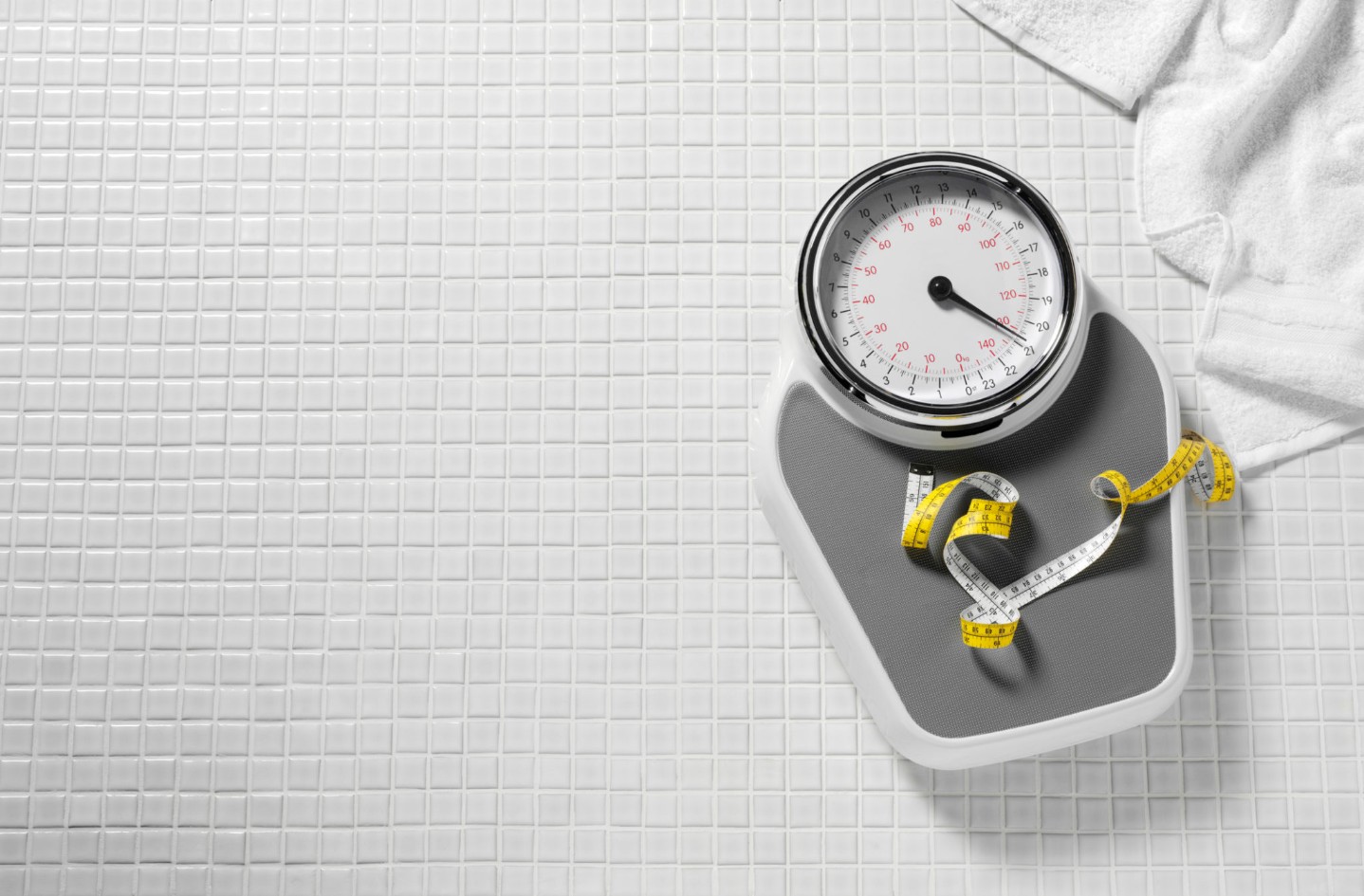Gaining a lot of extra weight has never been easier, and is just as bad for you as ever
"Corpulence is not only a disease itself, but the harbinger of others," wrote Hippocrates, the father of medicine and famous author of oaths. I really can’t imagine that obesity was a preeminent malady in Greece of 400 BC—those fortunate enough to be spared the Spartan swords spent their lives scrambling to come up with enough calories to sustain them from day to day. Still, there must have been a few portly people around for Hippocrates to examine and they must have lived long enough to develop the typical obesity-related health problems we see today, most notably diabetes, sleep apnea, heart disease and cancer.
Up until a century ago obesity was really only a phenomenon of the wealthy upper class, those who could afford a rich diet and avoid manual labor. The painter Peter Paul Rubens gained fame by illustrating overfed and well-paying patrons in all their fleshy glory, thereby earning his own adjective: “Rubenesque.”
Obesity on the general stage didn’t make its entrance until the industrial age allowed people to spend less time in hard labor and in search of sustenance and more time in leisurely pursuits. We invented autos to solve the need for walking and remote controls to keep us from climbing out of our Lay-Z-Boys. Agrarian ingenuity, particularly in the United States, has managed to secure a practically limitless supply of energy-rich, nutritious food.
Then, of course, we took our bounty one step further: we deep-fried it and served it with blue cheese and mayo with a giant order of curly fries and a 64 oz Coke.
The New Yorker magazine recently reviewed several new books on obesity and thereby provided some frightening figures (pun only somewhat intended).
- The weight of the average American rose steadily, but only slightly, for decades up until the 1980s. In the last 30 years there’s been a rise in obesity by almost 25% per year.
- Men are now on average seventeen pounds heavier than they were in the late seventies, and for women that figure is higher: nineteen pounds.
- The proportion of overweight children has more than doubled, while the proportion of overweight adolescents has more than tripled.
- Presently, 40% of young women and 25% of young men are too obese to enter the US military, based on current standards.
- It has been estimated that Americans’ extra bulk costs the airlines a quarter of a billion dollars’ worth of jet fuel annually.
- Over the last ten years Americans have collectively gained more than a billion pounds.
There is no easy societal fix for this problem, only an individual one. Each person has to take responsibility for their own health and improve exercise and eating habits. It has to be done in baby steps rather than loping strides. It’s one more apple and one less funnel cake; stepping outside for a walk instead of spending another evening on the couch; choosing the grilled chicken sandwich with no mayo instead of the McBlubber burger.
Not even doctors are immune to the issue
Patients aren’t the only ones who wrangle with this. The New York Times published a short article last week written by an overweight pediatric doctor who not only struggles with her own obesity but also with the perception that she’s being ingenuous when she lectures others on weight loss.
“How on earth, I was thinking, am I supposed to give sound nutritional advice when all they have to do is look at me to see that I don’t follow it very well myself? How am I supposed to help stem the so-called epidemic of childhood obesity when not a week goes by that I don’t break my own resolutions? What price the not-skinny doctor?”
We live in a society composed of the dangerous mix of bounteous calorie-rich food and technology that has effectively created a cure for exercise. These days, for most people corpulence, along with its associated ailments, is avoidable only with real effort and determination. But, take it from Hippocrates, it’s worth it.
Hippocrates would have been proud of our 6 BetterU participants (the ancient Greeks would have also been prolific bloggers, I’m sure). Meanwhile, you can encourage the women in your life to take another look at their own cardiovascular health.





